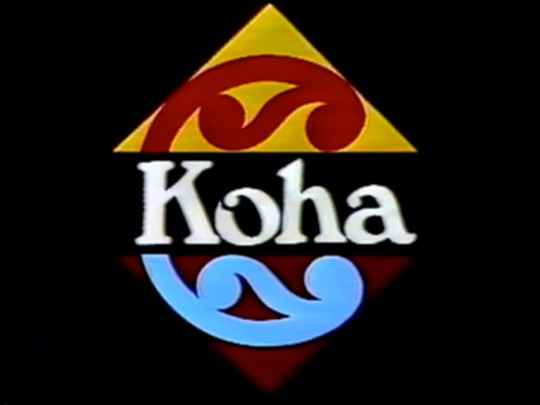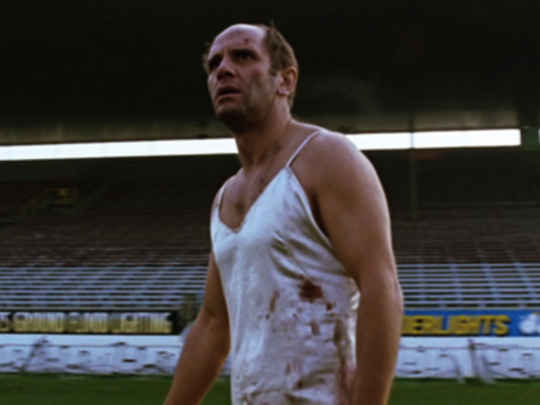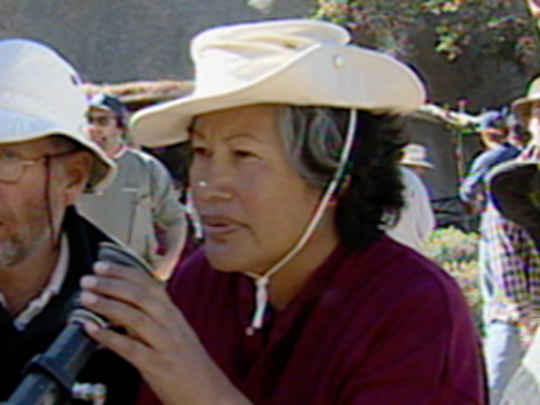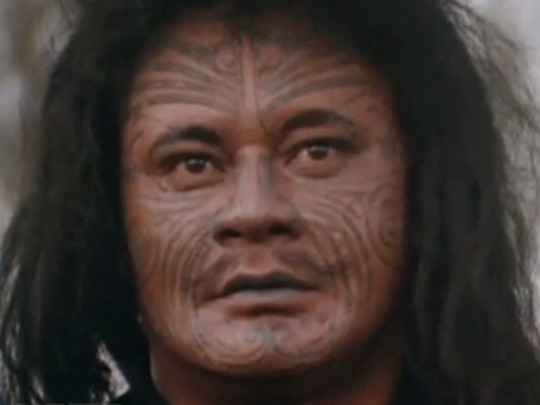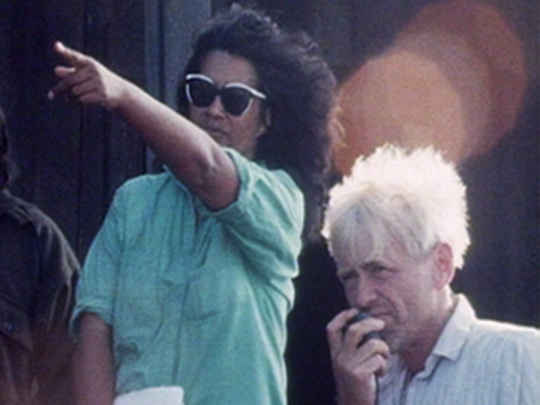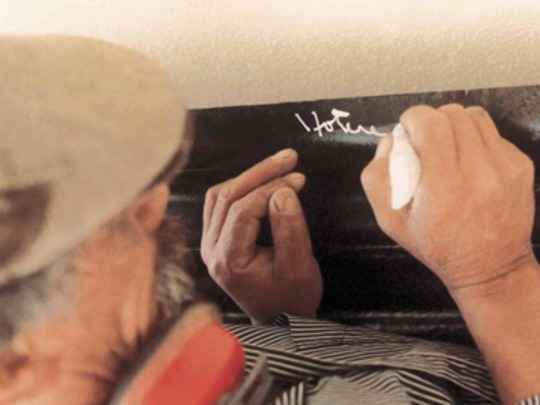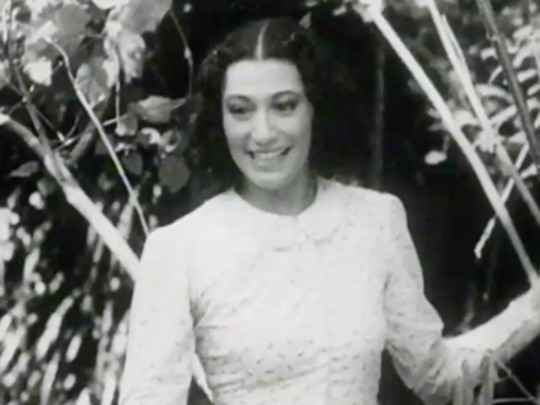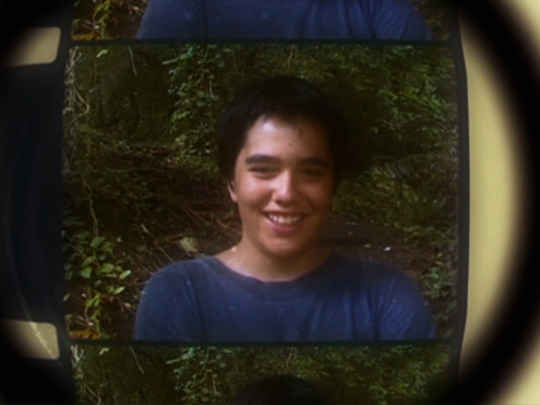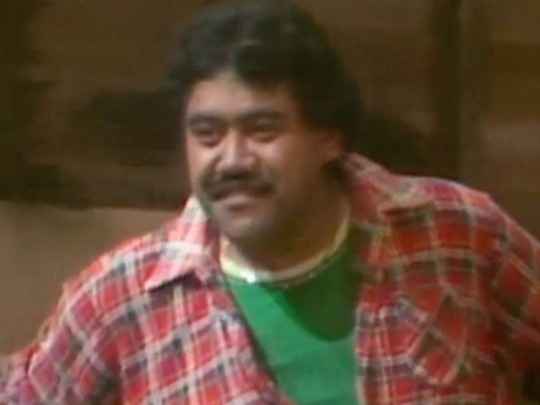Koha - Merata Mita Interview
Television (Full Length) – 1984
I mean a lot of people have difficulty in accepting the fact that I'm a filmmaker, and many of them don't accept the fact. And it's something I have got quite used to, and you know tucked away as something to be continually struggled against. And so I always have this desire to do things not well, but as brilliantly as possible, because I think once the work shows that you're capable of doing something, then all the other prejudices about race and sex may perhaps fall away.– Merata Mita on facing adversity for being a Māori woman filmmaker, at the start of this report
I suppose the family is the major thing in my life that has given me the will to be the kind of person that I am, given me the courage...– Merata Mita on her children being a motivation to get through hard times, late in this report
...if we are to grow as a nation, if we are to go forward, then we can’t do it by continually throwing a mat, you know, over the rubbish on the floor. I think we have to sweep it up some time...– Merata Mita is asked why she makes films about issues that divide New Zealand
I think the most important thing about Utu was that it was about time that someone had said something about New Zealand's colonial past. It's often avoided, always ignored. The New Zealand film industry has been sort of based on a sort of white, neurotic approach to life in general in this country, and Utu certainly broke out of that mould.– Merata Mita on Utu, the Geoff Murphy-directed film in which she acted
...they felt it was important that the film should have a Māori perspective; that for once the story should be told as it is felt by Māori people.– Merata Mita gives her account of Ngāti Whatua requesting that she film events at Takaparawhau (Bastion Point)

